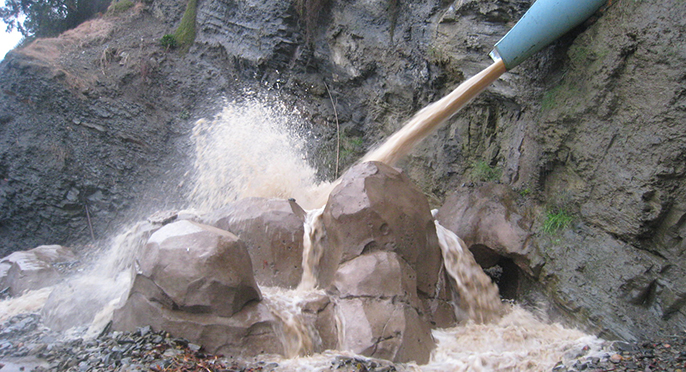Most SCCWRP research falls under one of the agency’s eight thematic research areas, which represent major focal points for SCCWRP research, but SCCWRP also works across other areas. Collectively, these additional research areas play a vital role in helping SCCWRP effectively meet both the short-term and long-term R&D needs of its 14 member agencies.
Additional research areas at SCCWRP include:
- Sediment Quality: To help environmental managers extend greater protections to marine communities affected by contaminated seafloor sediment, SCCWRP is working to understand how this contamination enters food webs and bioaccumulates in fish and wildlife, and how to effectively clean up and remediate its toxic effects. Learn more »
- Trash Pollution: As trash enters aquatic environments from diffuse sources, SCCWRP is exploring how to track its spread in aquatic systems, how it to methodically assess ecosystem impacts, and how to comprehensively evaluate the effectiveness of various management interventions intended to reduce trash loading. Learn more »
- Runoff Water Quality: With an ever-present need to improve the quality of land-based runoff being discharged into watersheds and the coastal zone, SCCWRP is working to better understand the fate and transport of waterborne contaminants, where the contamination is coming from, and how to optimize the design and placement of various stormwater best management practices (BMPs). Learn more »
